Category: Horses
-
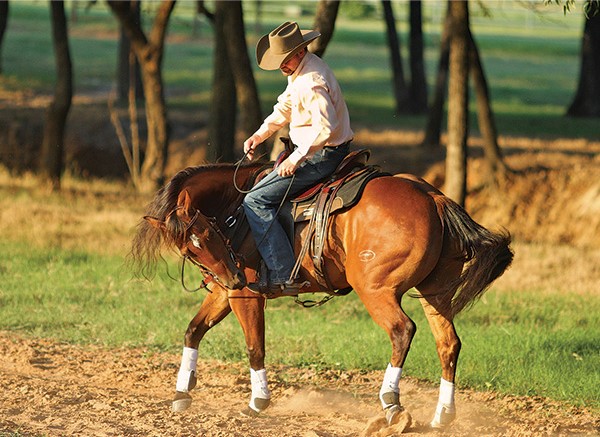
How to Stop a Horse from Jigging
Jigging, or that half-prance that horses do when they want to set the pace for the ride, and you attempt to change it is often caused by nervousness and/or the lack of a solid foundation. Sometimes horses will do this when they are being ridden in unfamiliar areas or surroundings and if this is the […]
-
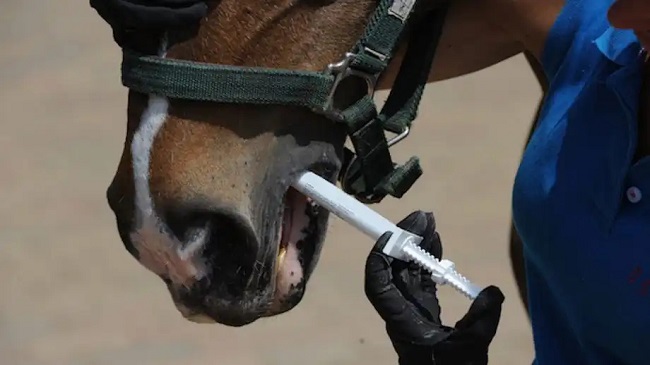
Horse Deworming Practices & Guidelines
The responsibility for protecting a horse from parasites is one every horse owner faces. All horses have worms, but the good news is that worms can be kept under control with property management; manure removal, practicing good sanitation measures, bot egg removal, and keeping to a good schedule are a must. Not doing so can […]
-
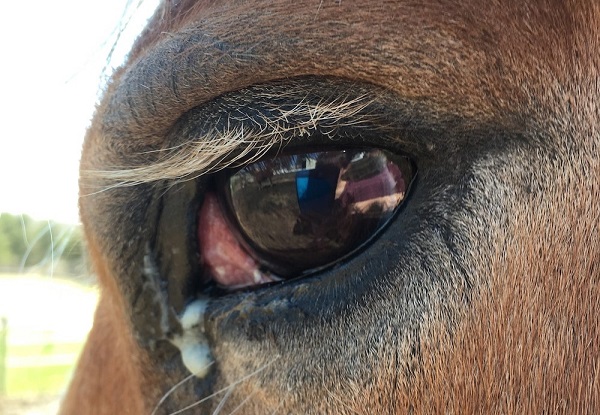
Third Eyelid Tumors in Horses Often Go Unnoticed
Squamous cell carcinoma, also abbreviated as SCC, is one of the most common cancers in horses. Appearing as small, wart-like bumps commonly found on the eyelid or surface of the eye, they require early treatment. While a conscientious owner may quickly notice a new lump on the shoulder of his or her equine friend, even […]
-

The Versatile Donkey is Everything from a Protector to a Babysitter
Donkeys come in a variety of sizes from the Miniature Mediterranean that is under 36 inches, to the elegant Mammoth Jackstock that is 14 hands and up. The rare French Poitou donkey, characterized by its huge head and ears, and very thick, shaggy, curled black coat, can stand up to 15 hands high. Unfortunately, there […]
-
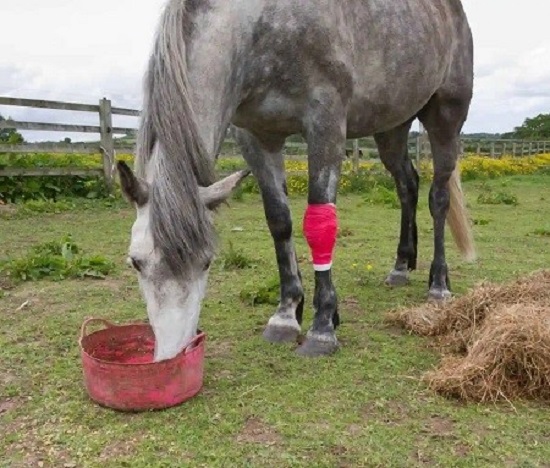
What To Do When Your Horse Gets Injured
Due to their inquisitive nature, a well-developed flight response, their large size, and that they are commonly confined in areas with potential obstacles such as metal or wire, horses tend to be accident prone, making both minor and major wounds a fairly common occurrence. At first glance, the severity of your horse’s wound(s) can be […]
-
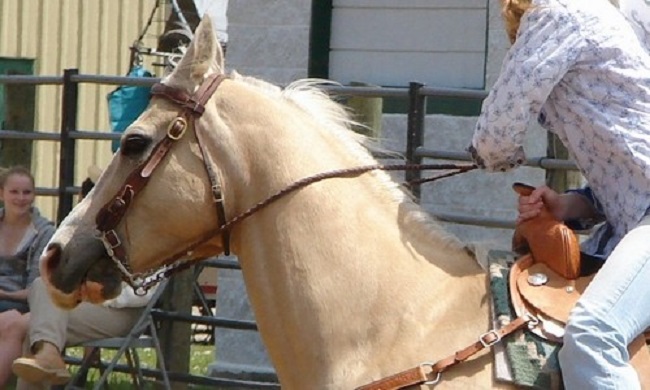
How to Train a Horse to Neck Rein
The functions of neck reining are refinements of the horse responding to following the feel of pressure and movement away from pressure more than from their response to pressure applied to the poll and tongue thru the bit and bridle. These are functions, as with other tasks of education, begin in small steps and proceed […]
-
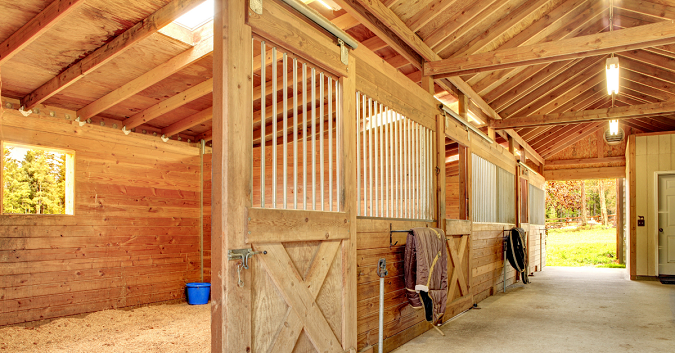
How Stall Cleaning Impacts Stable Air Quality
A change in your approach to horse stall cleaning might result in improved air quality in the stable, report researchers from Georg August University of Göttingen, in Germany. Researchers measured the air quality in the stable with different bedding types (wheat straw, wood shavings, and straw pellets) and mucking out regimens. The experiments were carried […]
-
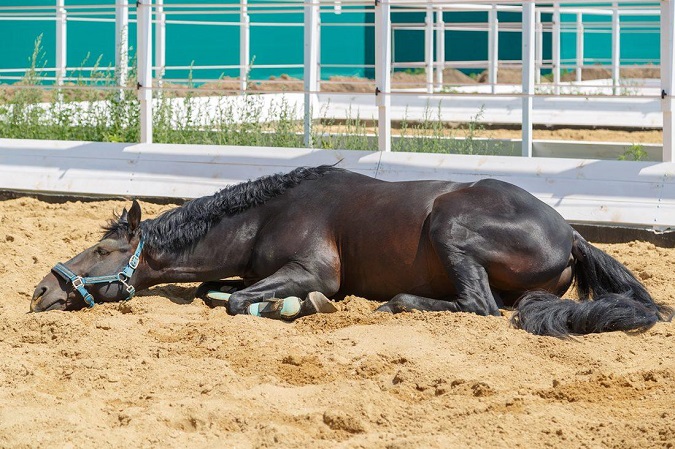
How Proper Diet Can Prevent a Common Cause of Horse Colic
A recent study demonstrates that a diet of grass hay may reduce the chance of a horse developing colic due to enterolithiasis. Colic is a general term for abdominal pain in horses, encompassing many conditions which are the underlying cause. Most causes of colic relate to a disturbance of the colon, and some are fatal […]
-
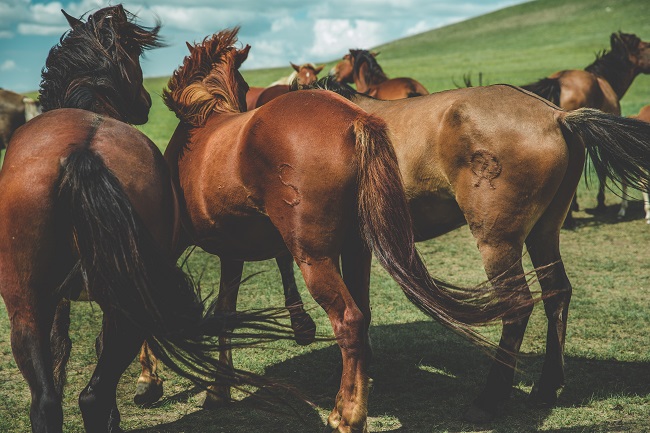
What a Horse Does With Its Tail Tells You a Lot
Horses relate through body language, and the tail is one of their most expressive “talking” parts. It is used to communicate information about their physical and emotional states both within the herd and between horse and rider. The consummate herd animal, the horse depends on his equine peers for his very survival. Over millions of […]
-
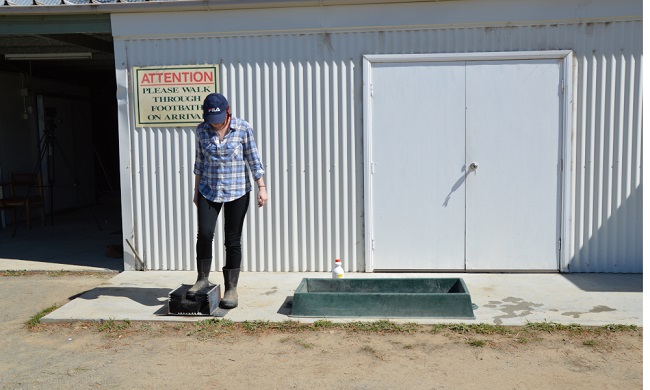
Biosecurity is a Key to Keeping Horses Healthy
Biosecurity means doing everything you can to reduce the chances of an infectious disease being carried onto your farm by people, animals, equipment, or vehicles, either accidentally or on purpose. Follow these steps to help reduce the threat of infectious disease contaminating your herd Showing Your Horse Use your own trailer and don’t ship your […]